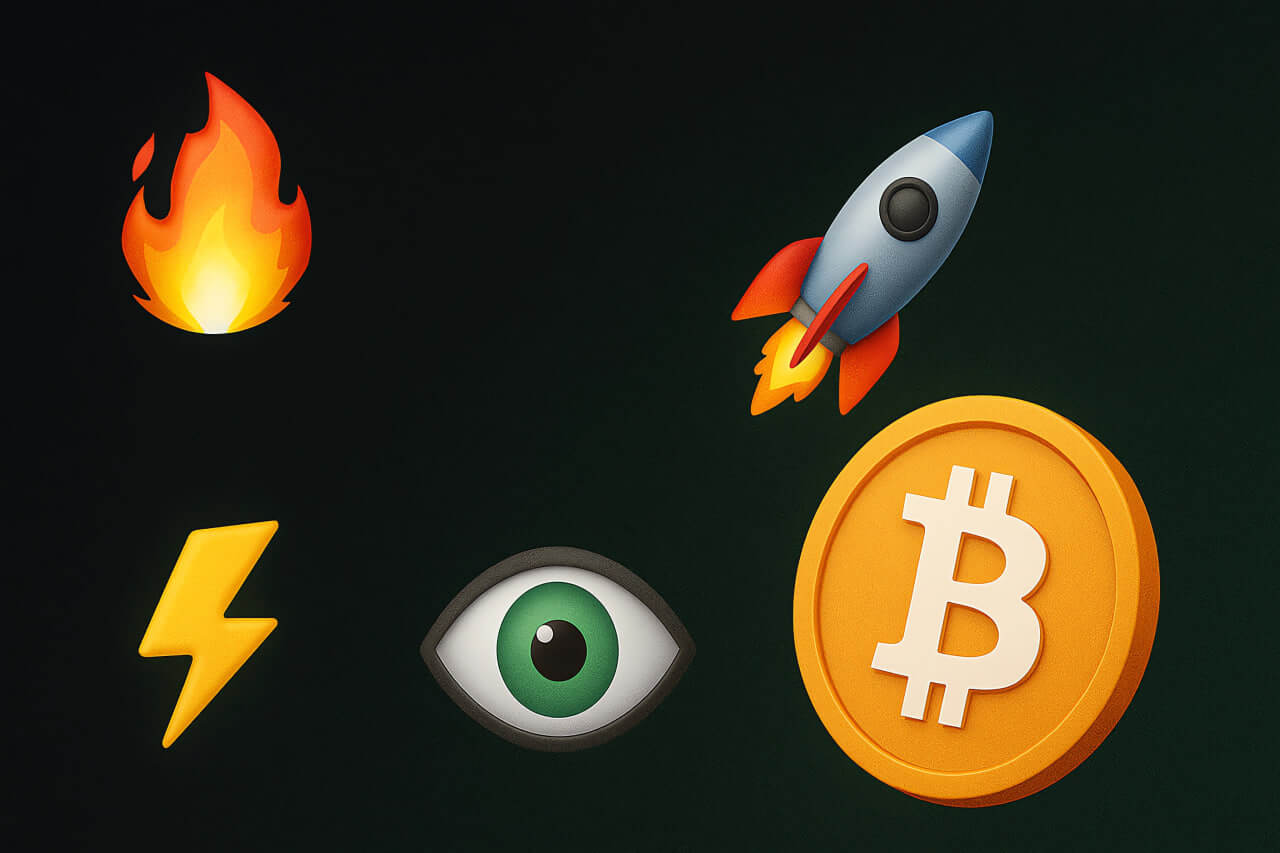How to Locate Bitcoin on an Old Hard Drive

By ENILDIAR - 29/04/2025 - 0 comments
🧠 Introduction
Lots of people mined or bought Bitcoin between 2010 and 2015—and then completely forgot about it. If you’ve got an old hard drive or SSD, especially from a previous PC or laptop, there’s a real chance it holds Bitcoin-related data.
This guide will help you search your old drive for Bitcoin traces—like wallets, private keys, seed phrases, or encrypted backups.
🧰 Where Can Bitcoins Be Stored?
1. wallet.dat File
This file comes from the original Bitcoin Core client. It stores private keys—either encrypted or in plain text.
2. Seed Phrase (12 or 24 words)
These phrases are used to recover wallets like Electrum, Trust Wallet, Exodus, and others.
3. Private Keys (WIF Format)
Example: 5HueCGU8rMjxEXxiPuD5BDuRaXsv...
4. Backup Files
Often found with extensions like .bak, .json, .txt, .dat, or .key.
📋 Step 1: Get Ready
-
Connect the drive. Use a SATA/USB adapter or plug it in directly.
-
Make a backup. Always create a full disk image using tools like Clonezilla or ddrescue before doing anything else.
-
Use Linux or Windows with admin access.
-
Install the necessary tools:
-
HxDorWinHex(hex editors) -
Everything(for filename search) -
grep,strings,bulk_extractor(on Linux)
-
🔎 Step 2: Look for Known Files
You can search manually or use automated scripts:
1. Searching for wallet.dat
-
Use filename-based searches:
-
On Windows: use
Everythingand look forwallet.dat -
On Linux/macOS:
find /mnt/disk -name "wallet.dat"
-
-
Common folder locations:
-
%APPDATA%\Bitcoin\ -
C:\Users\<Name>\AppData\Roaming\Bitcoin\ -
C:\Users\<Name>\AppData\Roaming\Electrum\wallets\ -
/home/<user>/.bitcoin/ -
/home/<user>/.electrum/wallets/
-
2. Finding Backup Files
find /mnt/disk -name "*.bak"
find /mnt/disk -name "*.json"
find /mnt/disk -name "*.key"
3. Looking for Unencrypted Private Keys and Seed Phrases
grep -Eorh '5[HJK][1-9A-HJ-NP-Za-km-z]{49,50}' /mnt/disk > private_keys.txt
grep -Eorh '^[a-z]+ [a-z]+ [a-z]+.*' /mnt/disk | grep -Eo '\b[a-z]{3,}\b( \b[a-z]{3,}\b){11,23}' > seed_phrases.txt
🔬 Step 3: Deep Scan the Drive
If no obvious files turn up, but you still think there’s something there—try scanning the drive’s raw content:
1. With bulk_extractor
bulk_extractor -o output/ -e wordlist -e base64 -e bitcoin -e email -e json /dev/sdX
This searches for private keys, seed phrases, and other digital clues.
2. With strings
strings /dev/sdX | grep -iE 'bitcoin|wallet|electrum|mnemonic|seed' > strings_output.txt
🧪 Step 4: Test the Wallets and Keys
-
Electrum: open the
.dator.walletfile directly. -
Bitcoin Core: place the
wallet.datfile into%APPDATA%\Bitcoin\and start the app.
You can also write a Python script to batch-check balances of recovered keys or addresses.
⚠️ Key Safety Tips
-
NEVER upload keys or wallets to untrusted websites.
-
If the keys aren’t encrypted, work offline only.
-
Always analyze a copy of the disk, not the original.
-
Encrypt anything you recover.
📦 Found wallet.dat but Forgot the Password?
-
Try
btcrecover:python3 btcrecover.py --wallet wallet.dat --passwordlist your_wordlist.txt -
If you remember part of the password, GPU brute force tools like Hashcat may help.
🧠 Going Advanced
-
Use digital forensics software:
Autopsy,FTK Imager, orThe Sleuth Kit. -
Check old email accounts—there might be saved seed phrases or exchange credentials.
✅ Wrapping Up
That dusty hard drive might actually be worth something. Just take it slow and avoid doing anything that could damage original data. Even if you don’t strike Bitcoin gold, the experience is a solid intro to data recovery and digital forensics.

